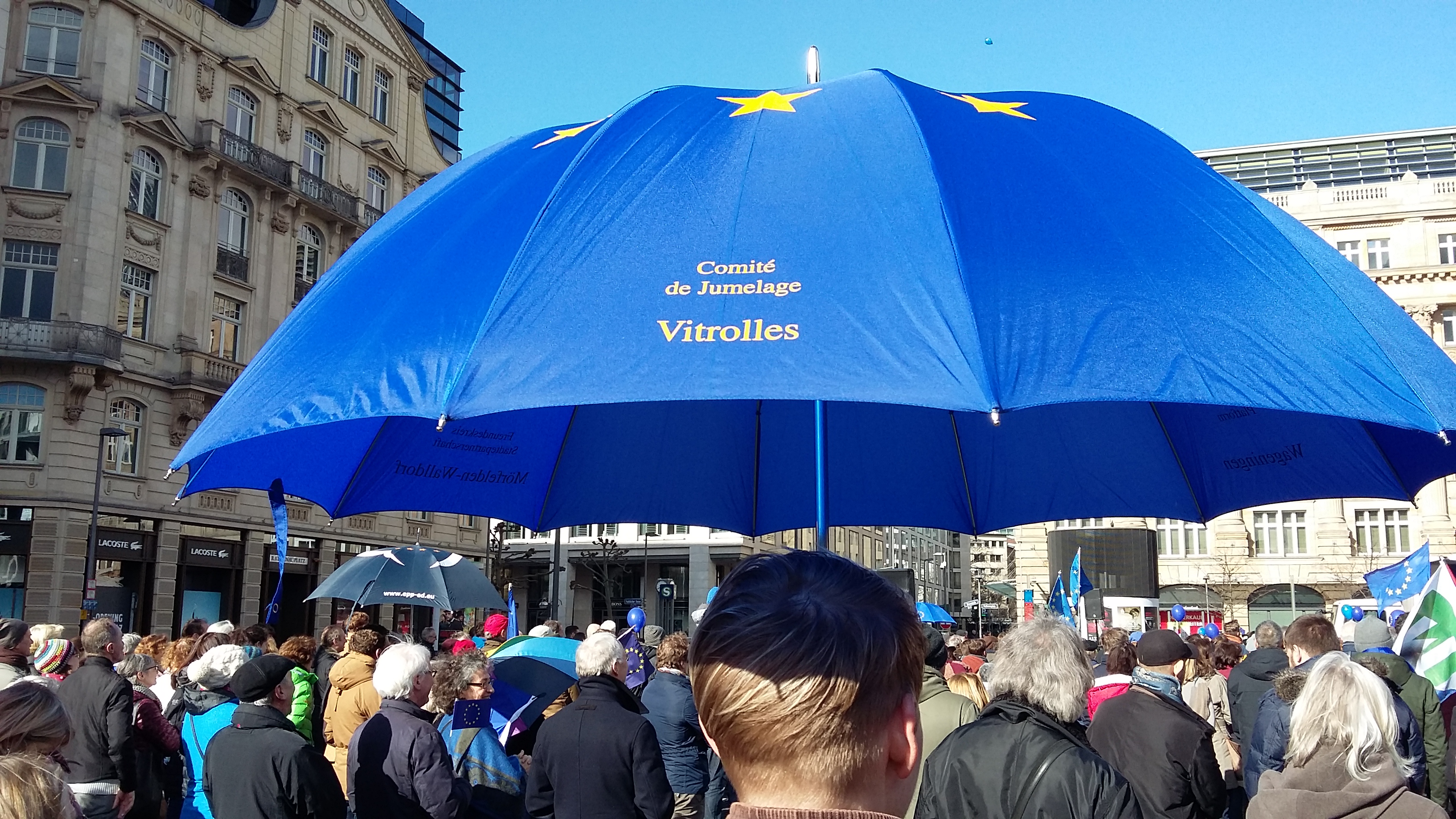
In 2019, the social historian Hartmut Kaelble (1) published the book ‘Der verkannte Bürger - eine andere Geschichte der europäischen Integration seit 1950’. (The Unrecognised Citizen - A Different History of European Integration since 1950) (2) Kaelble's thesis was that citizens were not guided solely by European policy when it came to their expectations of the EU. They also had their own ideas about European policy. And these were not the same as those actually implemented. Their expectations were ‘certainly not completely divorced from European policy. ... But they were guided by their own standards and priorities.’ (p.81) For example, Europeans often wanted the EU to take action in areas in which it had no competence at all.
Kaelble sees three main areas in which European policy actually differs from the original vision. Firstly, citizens ‘always associated European integration with political goals in which they often differed significantly from European policy.’ (p.110) Despite all the ups and downs and disputes, a common foreign policy for the European Community was a high priority for them as early as the 1970s. In addition, there was the desire for a European defence capability of its own, which has become increasingly important in recent years.
Secondly, and also an important topic in the context of European integration, according to Kaelble, was the economy. Here, it was more a matter of grappling with European politics. (p.111) Thirdly, citizens always wanted more influence in European politics. (p.112) The ranking of fields of action as currently expected by citizens is shown by Eurobarometer 102 (3) from autumn 2024. The first three fields of action in which the EU should become active are: defence and security, migration and the economy (competitiveness, public debt).
Russia's attack on Ukraine almost three years ago changed many things. The focus shifted to security and defence policy. And it forced cooperation at the European level, which many Europeans had wished for in vain for decades. The European Council states: ‘The EU must act strategically in the defence field and increase its capacity for autonomous action to better protect its people and defend its values.’ (4) With the election of an erratically acting president in the USA, further pressure has been placed on Europeans and NATO.
It is therefore hardly surprising that in these times of crisis, citizens' approval of the EU is increasing. “Only together are we strong” - that should be clear to most Europeans. And for the EU, the current challenge (as bad as it is) offers an opportunity to bring its policies into line with the expectations of many citizens in a further area, which have been nurtured for decades. The Eurobarometer also shows that ‘51% of Europeans tend to trust the EU, the highest result since 2007.’ (5) Those who think that this is not enough should take a look at the approval ratings of some national governments of the member states.
Margit Reiser-Schober
Error in content? Error in translation? – eurolandpost(at)gmx.eu
Original language German, translated with deepl
- https://www.geschichte.hu-berlin.de/de/bereiche-und-lehrstuehle/emeriti-ehemalige-professor_innen/kaelble
- https://www.campus.de/buecher-campus-verlag/wissenschaft/geschichte/der_verkannte_buerger-15358.html?srsltid=AfmBOoqxJOslZOFK8SqL5pfoEnep0M06U06P9sY83tzkJiHMrnpNb6xJ
- https://europa.eu/eurobarometer/surveys/detail/3215
- https://www.consilium.europa.eu/de/policies/defence-security/
- https://ec.europa.eu/commission/presscorner/detail/de/ip_24_6126